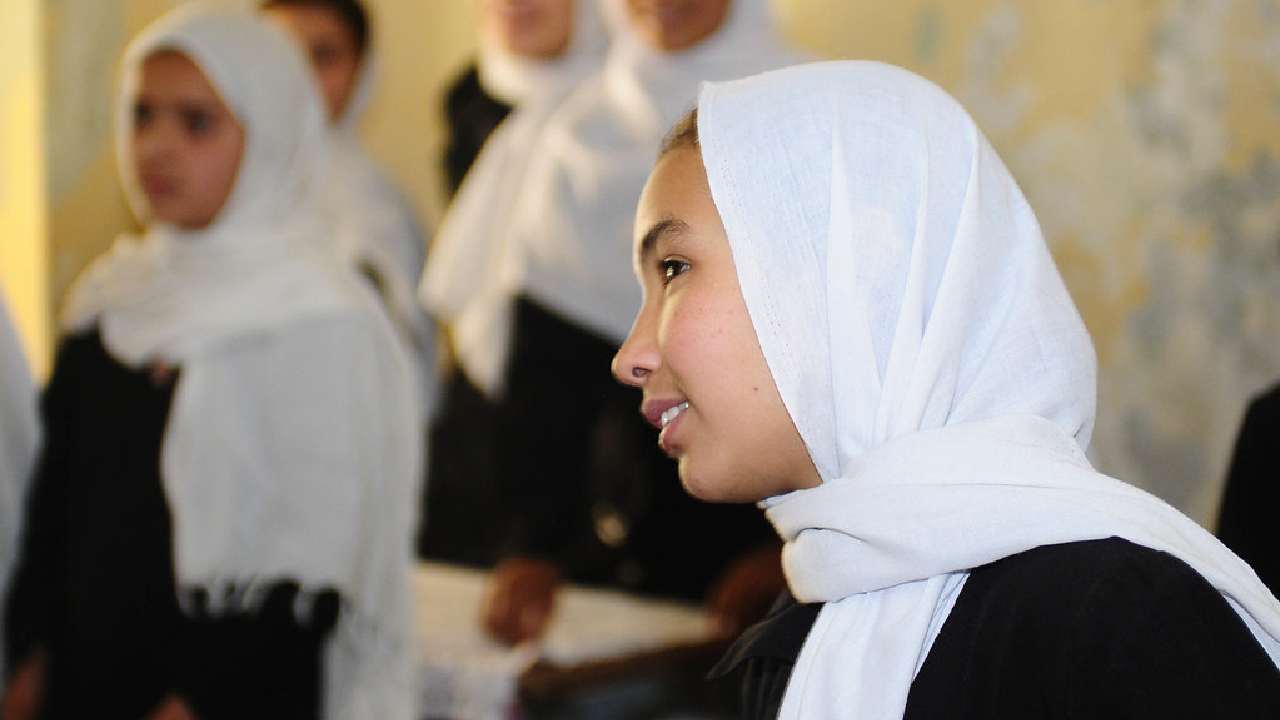The Taliban will allow girls to return to class when high schools open on March 22.
After taking power on August 15, 2021, the Taliban ordered the reopening of boys’ high schools from September 18, but did not mention girls’ schools. Most girls’ schools have been closed since August and most teenage girls have been denied access to education, one of the most serious violations of the rights of girls and women since the Taliban took control of the country.
The restrictions sparked fears that the country’s new rulers would again ban women from education and work just like they did when they were last in power, from 1996 to 2001.
Donors and philanthropists are now looking for ways to persuade the Taliban to respect human rights, often with a special focus on girls’ education. The spokesman for the Ministry of Education, Aziz Ahmad Rehan, recalled that the reason why the education of female students was stopped for the last seven months was due to a procedure for girls to continue their education in accordance with sharia law.
This was one of the most anticipated announcements in the country, both by the young women who interrupted their studies and by the international community, which demanded guarantees of rights for Afghans, especially women.
The UN Secretary-General, Antonio Guterres, also welcomed the announcement of the planned reopening of Afghan schools and suggested that all doors must be open for girls and boys to have an education and reach their full potential.
“Access to education is about much more than whether the gate in front of the school is unlocked,” said Heather Barr, associate women’s rights director at Human Rights Watch (HRW).
According to HRW, women and girls are blocked from accessing health care as some healthcare facilities require them to bring a mahram. Reports suggest that women and girls facing violence have no escape route if they can flee only with an abuser escorting them.


























